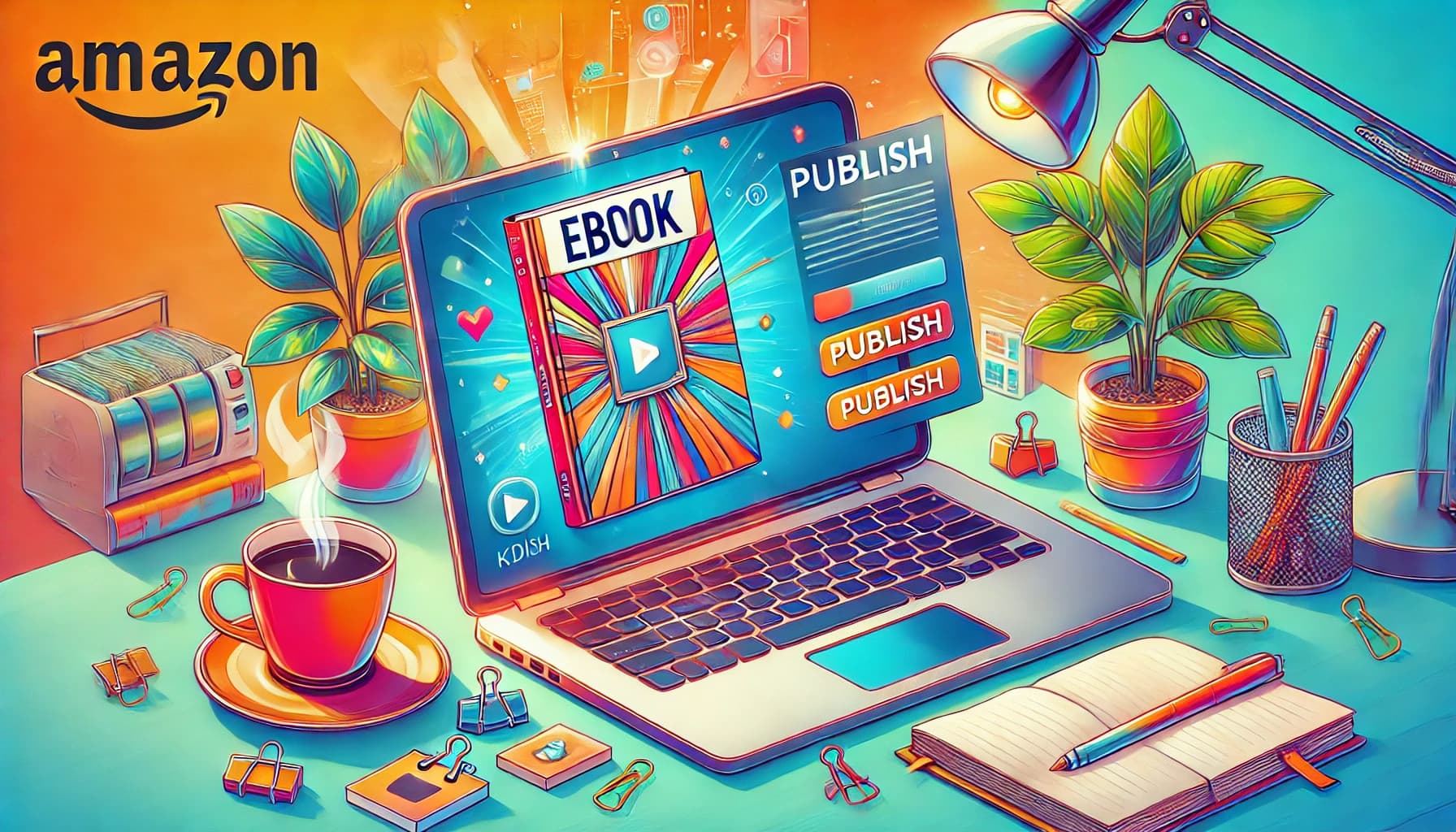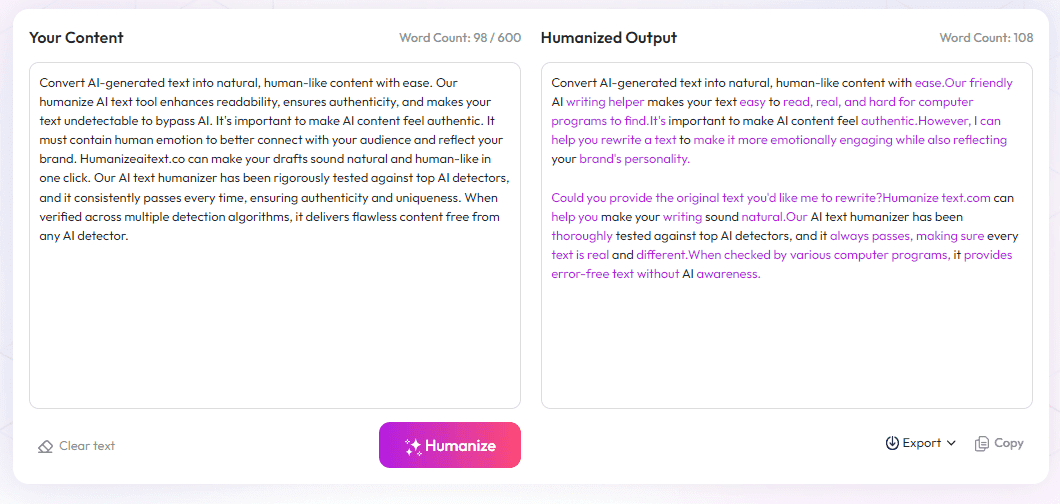Table of Contents
I know reading a publishing contract can feel like trying to translate another language. Sometimes, it’s full of confusing terms that leave you scratching your head. But don’t worry—you don’t have to become a legal expert overnight.
Stick with me, and I’ll show you a simple step-by-step way to make sense of those tricky papers. If you keep reading, you’ll learn how to spot the key points and avoid nasty surprises.
In this guide, I’ll take you through each part of a publishing contract so you can read it confidently—like translating a map, not deciphering hieroglyphs. Let's get started!
Key Takeaways
Key Takeaways
- Focus on understanding rights granted, royalty rates, contract length, and renewal terms to avoid surprises.
- Check for rights reversion clauses to know when you can regain control of your work and consider negotiating if missing.
- Watch out for hidden fees or unfavorable terms by reading the fine print or consulting a legal expert.
- Review non-compete and exclusivity clauses to ensure they don’t limit your future publishing options.
- Be aware of content restrictions and negotiate for creative freedom, especially in controversial genres.
- Understand how advances and royalty percentages are calculated to maximize your earnings.
- Look into marketing and promotion commitments, and consider handling promotion yourself if support is minimal.
- Think about contract choices—traditional, self-publishing, or hybrid—and choose based on your goals and rights interests.
- Stay updated on market trends to negotiate better terms and plan your publishing strategy effectively.

How to Read a Publishing Contract: A Practical Step-by-Step Guide
When an author signs a publishing contract, it's like agreeing to a kind of partnership—you want to know exactly what you're signing up for. The most crucial part is understanding the rights you're granting and the financial terms involved.
Start with the grant of rights. This section specifies what rights the publisher is acquiring—whether it’s print, digital, translation, or audio rights—and whether those rights are exclusive or non-exclusive. For example, if you retain the rights to your ebook, but give the publisher the rights to the print edition, that’s an important detail to clarify.
Next, look at the royalty structure. This outlines how much you'll earn from each copy sold. Be wary of contracts that offer low royalty rates or complicated payment schedules. The industry trend in 2025 shows a shift towards profit-sharing models, where authors receive a percentage of sales rather than upfront advances—so understanding what percentage you’ll earn is key.
Check the contract length and renewal conditions. Many contracts specify a fixed term, like 3 or 5 years, with options to renew. Knowing when the rights revert back to you is essential—so watch out for clauses about termination and reversion of rights.
Another vital section covers the delivery and approval process. The publisher may have deadlines for manuscript delivery and approval rights, with opportunities for you to review proofs before final printing. Clear timelines prevent last-minute surprises.
Make sure to spot any obligations or restrictions. These can include clauses about marketing support, participation in promotions, or limitations on your ability to publish the work elsewhere during the contract term. Noticing these details helps you avoid feeling locked in or surprised later.
Important also are warranties and indemnities—sections where you assert that your work is original and doesn’t infringe on others’ rights. If your work features copyrighted material or includes permissions, it's wise to double-check that the contract explicitly covers these permissions.
In today's publishing landscape, understanding these core contract components can make a big difference. As self-publishing platforms like (https://automateed.com/how-to-publish-a-graphic-novel/) continue to grow, more authors are negotiating direct deals with publishers or exploring profit-sharing models, making it even more important to read contracts carefully.
Want to improve your understanding of publishing contracts? Often, consulting an experienced literary attorney or contract specialist can help you navigate tricky clauses. Remember, never feel pressured to sign anything you don’t fully understand—reading thoroughly now can save headaches later.

Understanding Rights Reversion and Reversion Clauses
One of the most overlooked parts of a publishing contract is the rights reversion clause.
This clause explains when and how the rights to your work can be returned to you after a certain period or under specific conditions.
Knowing when rights revert ensures you regain control over your work, especially if the book stops selling or the publisher fails to meet certain benchmarks.
Look for clear, time-specific reversion language, such as rights reverting after two years of inactivity or upon completion of a certain sales threshold.
If the contract lacks a reversion clause, consider negotiating one. It’s crucial if you plan to explore self-publishing or work with different publishers later on.
How to Spot Hidden Fees and Unfavorable Terms
Many contracts include clauses that can cost you more than you expect—think legal fees, penalties, or mandatory marketing spends.
Always read the fine print for any mention of additional charges, like fees for manuscript revisions, long-term storage, or rights management.
Watch out for language that limits your ability to modify or terminate the agreement without hefty penalties.
Before signing, consider consulting a publishing attorney or an experienced author who can help you spot unfavorable terms or hidden costs.
Being proactive here can save you from surprises down the road and give you leverage in negotiations.
Dealing with Non-Compete and Exclusivity Clauses
Many publishing deals include clauses that restrict your ability to publish similar works elsewhere during the contract term.
These non-compete clauses can limit your options, especially if you’re working on multiple projects or in a niche market.
Check whether the contract requires exclusivity in specific territories, formats, or genres, and decide if those limits make sense for your career plans.
If you want more flexibility, negotiate for shorter exclusivity periods or carve-outs for certain types of works.
Understanding these clauses helps you avoid being locked into contracts that hinder your future publishing opportunities.
The Impact of Censorship and Contract Clauses on Creative Freedom
In 2025, censorship is becoming a bigger issue, with a 65% increase in challenged titles last year across different markets.
Contracts may include clauses that restrict your content or give the publisher the right to reject material they consider sensitive or inappropriate.
Be clear about any content restrictions upfront, especially if you write in controversial or niche genres like fantasy or thriller.
Negotiate clauses that allow you to retain creative control and specify the types of edits or censorship the publisher can request.
Fighting for transparency here helps you keep your voice intact and avoid surprises that limit your work’s integrity.
Negotiating Payment Terms and Advances in 2025
Traditional advances are decreasing in popularity, replaced by profit-sharing models where you earn a higher percentage from sales.
According to recent trends, authors are getting better earnings by negotiating higher royalty rates—sometimes up to 15-20% of net or gross revenue.
Understand whether payments are based on retail price, net profits, or another metric—each impacts your earnings differently.
Clarify the schedule—are payments quarterly or bi-annual? Is there a minimum guarantee or an advance against royalties?
When negotiating, consider the book’s sales potential, genre, and your platform reach to secure the best financial deal possible.
Understanding Marketing and Promotion Clauses
Many contracts specify what kind of marketing support the publisher will provide—if any.
Check if there’s a detailed marketing plan, including social media campaigns, events, or promotional discounts.
Some publishers require authors to participate in promotional activities; assess whether you’re comfortable with these obligations.
If marketing support is minimal or vague, negotiate for clear commitments or consider handling your promotion independently.
Remember, your book’s success can depend heavily on how actively you and the publisher promote it.
Considering Contract Options in a Changing Market Environment
The publishing industry is shifting fast, with more authors exploring self-publishing and hybrid models.
In 2025, traditional publishing is losing some market share, but offers valuable resources like distribution, editing, and marketing.
Self-publishing platforms like (https://how-do-i-set-up-an-amazon-kdp-account/) and (https://automateed.com/how-to-publish-your-book-to-smashwords/) are growing, providing authors with more control.
Hybrid deals, which combine elements of traditional and self-publishing, are becoming popular—consider if this approach suits your goals.
Evaluate your options carefully—including contract terms, rights, and financial prospects—to make an informed choice in today’s competitive environment.
Understanding How the Market Trends Affect Your Contract and Income
Recent data shows the global publishing market is expected to grow by nearly USD 19 million between 2025-2029, despite shifts toward self-publishing.
This growth is driven by diverse content demand and increased interest in niche genres like romance, fantasy, and sci-fi thrillers.
Authors working on popular genres may find more opportunities while negotiating contracts, especially if their work aligns with current trends.
Recognize that market trends can influence royalty rates, contract structures, and rights management—stay updated on industry changes.
Staying aware of these shifts can guide you in negotiating better terms and planning your publishing strategy accordingly.
FAQs
Focus on royalty rates, rights you're granting, payment terms, duration, and termination clauses. Understanding these ensures you know what you're agreeing to and protects your interests as a author.
Read the rights section carefully, seek clarification on unfamiliar terms, and consider consulting a legal professional who specializes in publishing agreements before signing.
Understand how royalties are calculated, payment schedules, deductions, and whether advances are involved. Clear terms help you manage your expectations and income from your work.
If you are unsure about any clauses, rights transfer, royalty terms, or if the contract's language is confusing, it's wise to seek advice from a lawyer experienced with publishing contracts.



